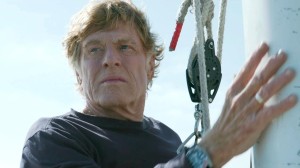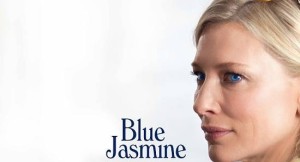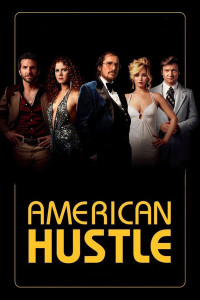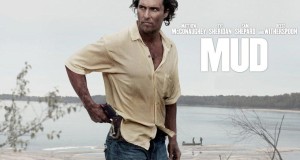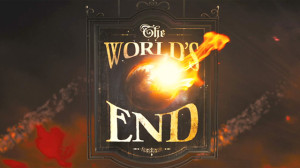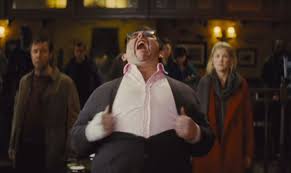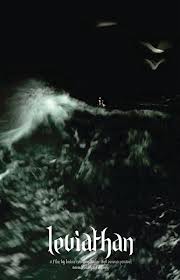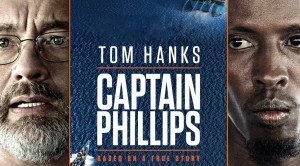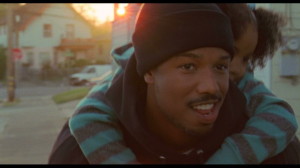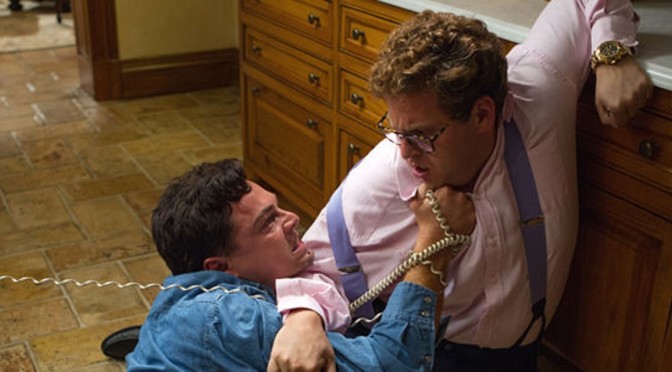
Monthly Archives: February 2014

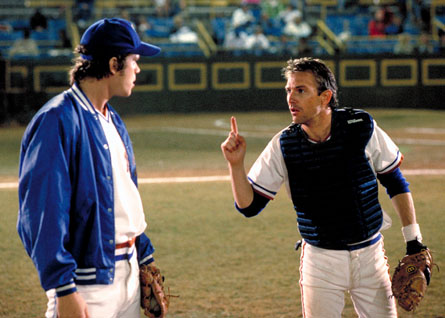
Carnivorous Couch 024 – Bull Durham
Join Brady, Robb, Brock and Ben for a crossover podcast with our brethren from the Baseball Diaspora podcast. We really enjoyed having them on out show and they were able to bring a level of …ahem… class and professionalism that we often lack.

Carnivorous Couch 023 – Chinatown
Do you know what happens to nosy fellows? They get to listen to Robb and Brady discuss Chinatown. Follow us across the great noir desert that is Los Angeles, as we delve into Roman Polanski’s 1974 masterpiece. This podcast goes out to all the sisters and daughters out there!
Rank It! 006 – Top 10 Part 1
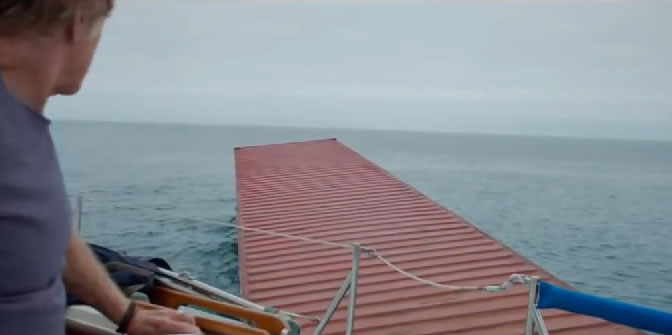
Top 20 Films of 2013: #12- All Is Lost
The opening black screen of All Is Lost gives us our setting: 1700 nautical miles from the Sumatra Straits. We are surrounded by the Indian Ocean and the nearest land mass is as far away as Dallas is from San Francisco. It reminded me of Gravity’s opening assertion that “life in space is impossible”. The where of this story is so removed from any place we might recognize that exact physical location is irrelevant. What matters is the futility of human existence in a space this remote and hostile. Seconds later, we find ourselves neck deep in the vast waters of the Indian Ocean, all but completely immersed in them. In voice-over, Robert Redford (who is referred to as “Our Man” in the closing credits, and goes by no name before that) narrates a mournful, resigned farewell letter. His tone is regretful and apologetic. We assume he is speaking to his family but can not be certain. Our Man has tried for eight days to save his ship and himself, but it has come to no avail. As he speaks, we gaze up at a hulking metal structure that looms over the surface of the now-placid ocean like a great rusting monolith. This monstrosity is Redford’s iceberg, the great silent catalyst of All Is Lost’s falling action. In a sense, you might say All Is Lost is all falling action that keeps falling and falling and falling. Like Gravity, and like last year’s wonderfully surprising The Grey, J.C. Chandor’s All Is Lost is a harsh and visceral survival film that uses the encroaching spectre of mortality to ask rich philosophical questions about what it means to persevere and survive. It is the story of a man who finds himself cut off from human contact, struggling impotently to escape a disaster he did not cause.
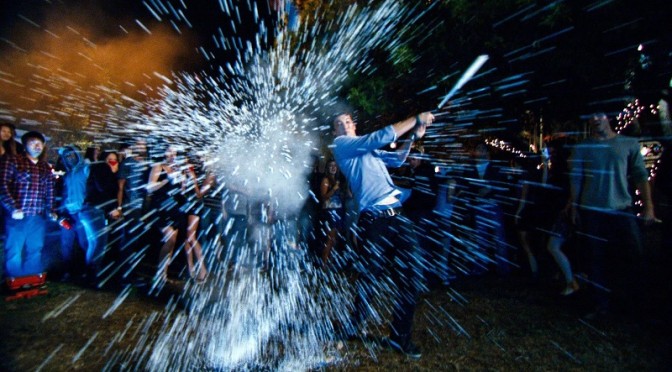
Carnivorous Couch 022 – Project X
Robb and Brady attend one hell of a chaotic high school party with Project X! We’ve got brand new fake ID’s, a handle of cheap vodka, and a whole lot of Sharpie on our faces. Join us for all the shenanigans! Also, please don’t touch any of the scotch in the mahogany cabinet because our parents totally found out last time.
Rank It! 005 – Iconoclasts
Top 20 Films of 2013: #13- Blue Jasmine
****SPOILER-FULL REVIEW****
The opening strains of the elegiac and ruefully funny Blue Jasmine find New York sophisticate Jasmine French (Cate Blanchett, brilliantly playing at the intersection of elegance and schizophrenia) on a first-class flight to San Francisco that she can scarcely afford. While romantically reminiscing to the perfect stranger seated next to her, she proudly proclaims she is going West. This piece of dialogue caught my attention. I know Woody Allen has been getting out of New York more in his old age, with trips to Paris, Madrid, and London, but this is the man who famously pierced Los Angeles to its vacant, air-brushed core in Annie Hall. What kind of Allen surrogate would feel triumphant about leaving New York to go to California? It turns out my doubts were warranted. Jasmine, a delusional, now-penniless socialite, may sound eager about her odyssey, but the journey is really a miserable banishment. Jasmine lived an affluent life in New York with her dashing husband Hal (Alec Baldwin, all surface charm with nothing but empty avarice below it). She loved him with swooning devotion and they lived a life of soirees and charity balls. Then, one day, the dream came crumbling down when Hal was discovered to be a fraudulent criminal who had gambled with the fortunes of others and lost. Hal hung himself in prison and left Jasmine to suffer a nervous breakdown. Her assets are frozen and the same New York that was the setting of her fairytale now holds the humiliating prospect of old social acquaintances around every corner, so she has gone to live temporarily with her grocery clerk sister, Ginger (played by Sally Hawkins in a terrific supporting turn).
Top 20 Films of 2013: #14- The Spectacular Now
Less than 15 minutes into James Ponsoldt’s beautiful, witty, life-affirming teen drama, the director does something quietly remarkable for a “high school film”. For the first time, the camera really zeroes in on the faces of the two leads and stays there. As Sutter Keely, a boozy, cocksure party animal, shares his first lunch with Aimee Finecky, a kind, bookish and sweetly self-effacing young lady, we drink in every detail of their faces, with just enough of their shoulders in the frame that we can catch the incredibly natural rhythms of their body language. The magician is showing us there are no strings holding up the performances or the film itself. The best magic tricks always make the complex look simple, and what could be more seemingly simple than training your lens on the characters and daring not to pull away? These two young actors are really doing all of this right before our eyes, and we remember that great screen-acting is a high wire act that you can not bring yourself to look away from. The Spectacular Now is a quietly revolutionary high school love story because it fully commits itself to the simple act of observing its relatable, confused, hopeful characters. It refuses to let any of them become familiar archetypes, even though we can clearly see the eraser marks of what they could have become in lesser hands. During that first lunch, Sutter asks Aimee how she sees herself within the social scheme of the high school, and her reply is like a metatextual critique of every lazy, superficial jocks-and-nerds teen drama that ever existed. She smiles and meekly says, “I would like to think there’s more to a person than just one thing.” This could be the mission statement for this entire wise and witty film.
Top 20 Films of 2013: #15- American Hustle
The opening scene of American Hustle has gotten a lot of attention, and deservedly so. When we first meet oily, small-time scam artist Irving Rosenfeld (a perfectly unassuming Christian Bale), he is out of costume and out of character. Irving is here as a captive of the FBI and the only chance of winning back his freedom rides on pulling off a dazzling scam. But this stooped, paunchy turtle of a man seems incapable of dazzling anybody. His stomach bulges out of his unbuttoned shirt and his balding scalp is a sad cobweb of thinning hair. With showtime drawing near, he rises from his chair and starts to put himself together. We watch for what feels like many minutes as he arranges his comb-over, painstakingly applying glue and extra patches of hair, patting down his unwieldy creation with precision and focus. When he leaves that hotel room, he is a different man, stylishly coiffed and done up in 1970’s period attire so hypnotically gaudy that we may be staring at an optical illusion. This scene lends an immediate sense of gravitas to American Hustle’s fixation with dress-up and make-up and accents. It is precisely the right prologue for a film that admires the power of razzle-dazzle and deeply respects the detailed process of sculpting identity. The process is key. We watch an earnest, overweight schlub transform himself into a suave dynamo, not all at once, but piece by piece. A bit more combing here, a bit more glue there. Irving transforms into his confident alter ego by putting care and meticulous attention into every aspect of his transformation. It is about acting not only as an art but as a state of mind. There is something inspiring in the idea of reinventing yourself, of creating a great character that can raise a defiant middle finger to the unassuming, lackluster one the universe has tried to write for you.
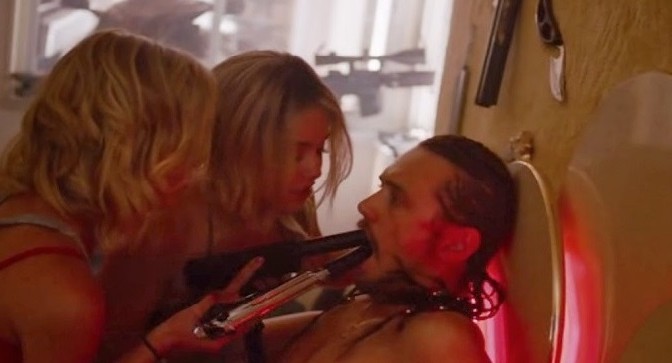
Carnivorous Couch 021 – Spring Breakers
Join Brady and Robb for a review in every color on Spring Breakers. The femme fatale agency is almost too much for just the two of us, but we manage. Also a spirited round of Metacritical and Understudy
Top 20 Films of 2013: #16- Mud
Mud is the story of a 14-year-old Arkansas youth named Ellis (Tye Sheridan), and we see the contents of his room before we see him. The walls are lined with the bric-a-brac of boyhood: bobbleheads, pennants, antique pistols, and blue ribbons. Waking in the early hours of morning, he slips out of his room and past the windows of his house, eager to begin a day of adventure and exploration with his best friend, Neckbone. As he moves along the periphery of his riverfront dwelling, he stops under one of the windows afraid his parents have heard him moving about. He hears one of them speak. “I want to have a conversation,” his mother quietly intones to his father. Ellis’ father does not immediately respond and Ellis does not hang around to hear if he ever answers back. Ellis’ concern is with slipping away undetected for another blissfully innocent, river-cruising, island-trekking Southern afternoon, not with the hushed tones of domestic unrest inside that small kitchen.
Top 20 Films of 2013: #17- The World’s End
When I look back at what made 2013 such a fantastic year for film, I am amazed at how many films managed to succeed simultaneously within multiple genres. Take science fiction, for example. In Her, we got a fantastically realized science fiction universe with an A.I. character for the ages, and yet we also got a wise and humane love story. In Gravity, Alfonso Cuaron pushed the scope of science fiction film-making forward and then used all that grandeur to tell an intimate short story about grief, survival and the complex inner life of one despondent woman. And then there is The World’s End, a film that would have earned my highest recommendation if it had only been the giddy, kinetic body-snatching adventure that it so completely is. But it is much, much more.
Top 20 Films of 2013: #18- Leviathan
2013 was filled to bursting with worthy documentaries. Many were good (20 Feet From Stardom, Blackfish, Sound City), but a select handful deserve to be called ground-breaking. Two such documentaries can be found higher up on my year-end list, but I do not know if either of them can match the full-tilt, maniacal boldness of Lucien Castaing-Taylor and Verena Paravel’s Leviathan. If Upstream Color is uncompromising for its sheer brazen commitment to sensory overload, well, at least it has characters, dialogue, and something resembling a linear story, even if it frequently chops up that line and throws pieces of it in the trash. Leviathan, on the other hand, consists of essentially no dialogue, no characters we come to know, and no story outside of whatever images it clinically and dispassionately observes. But who needs dialogue when you have the lonely, anguished howl of the Atlantic Ocean? Who needs characters when you have a sinister sky full of hungry seabirds screaming in ravenous unison? For God’s sake, who has the audacity to demand narrative from a nightmare? At its heart, Leviathan is what a documentary would look like if it were filmed by H.P. Lovecraft and then pressed between the bleakest pages of the Old Testament. The entire film takes place aboard a commercial fishing boat in the mercurial waters off the coast of New Bedford, Massachusetts, where small cutting edge cameras capture every inch of the vessel and the various lifeforms (humans included) that survive and perish in its wake.
Top 20 Films of 2013: #19- Upstream Color
#19: Upstream Color
I have seen Shane Carruth’s Upstream Color twice now, and I still do not feel a bit qualified to write about it, describe it, or to even pretend that I understand it in any certain terms. If it has faults, I do not feel like I deserve to be the one to point them out any more than I would feel qualified to critique the way a person speaks Spanish. But then, even that linguistic metaphor feels all wrong, because I know a little Spanish. But the language of this sometimes moving, sometimes opaque, and always disorienting science fiction drama comes from some place I’ve never heard of. To paraphrase Spring Breakers’ Alien, it’s from a different planet, y’all! And yet, at the end of the day, the issues and themes I can pick out in the film are undeniably human in all the sorrow, ecstasy and confusion that entails. So, as it seems asinine to place a film in one’s top 20 without at least having a vague idea as to what it’s grasping toward, I will make an attempt to describe what takes place in Carruth’s bizarre, haunting little film.
Top 20 Films of 2013: #20- Captain Phillips
Captain Phillips begins with its most unnecessary scene, as Richard Phillips (Tom Hanks) is dropped off at the airport by his wife (Catherine Keener). Phillips has been asked to spend a number of weeks on the U.S.S. Maersk Alabama, delivering food parcels along the East African coast. In the car, husband and wife discuss how the world is becoming more merciless and competitive. Hanks pontificates that it will be harder for their children to find their way in the world then it was for them, but of course one thing that will not change is that they will still presumably exist within a system where it is good to be white and American. This all feels conspicuously placed to set us up for our fateful introduction to the Somalian pirates who will eventually hijack Phillips’ ship. We will soon learn these young men are forced to make their own tough choices in life in order to survive within a system that is many times more draconian than the post-recession America that so concerns Phillips and his spouse.
Brady’s 2013 Wrap-Up
Anyone who knows me well knows that this is simultaneously my favorite and least favorite time of the film year. One one hand, it is time for the giddy thrill of Top 10’s and year-end wrap-ups, when we can finally look at the full embarrassment of cinematic riches the year has provided. On the other hand, it is also the official end of the year’s movie harvest, and that means that the stream of Gravity‘s and Llewyn Davis‘s and American Hustle‘s will stop for the foreseeable future and once again give way to the I, Frankenstein‘s and Ride Along‘s and That Awkward Moment‘s of the world. As many a film lover knows, we have now entered dumping season, a time when studios quickly and carelessly unload the most sub-par product they have on hand. We’re talking about films that, if they were cartons of milk, would probably have their expiration dates strategically scratched off. It is the time for movies that neither have the high intellectual pedigree to make a run at year-end awards, nor the blockbuster credentials to flourish in the big populist movie months of early spring and summer. Like it or not, we are now in movie winter, and winter can be a bit of a bitch.



